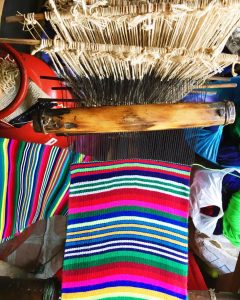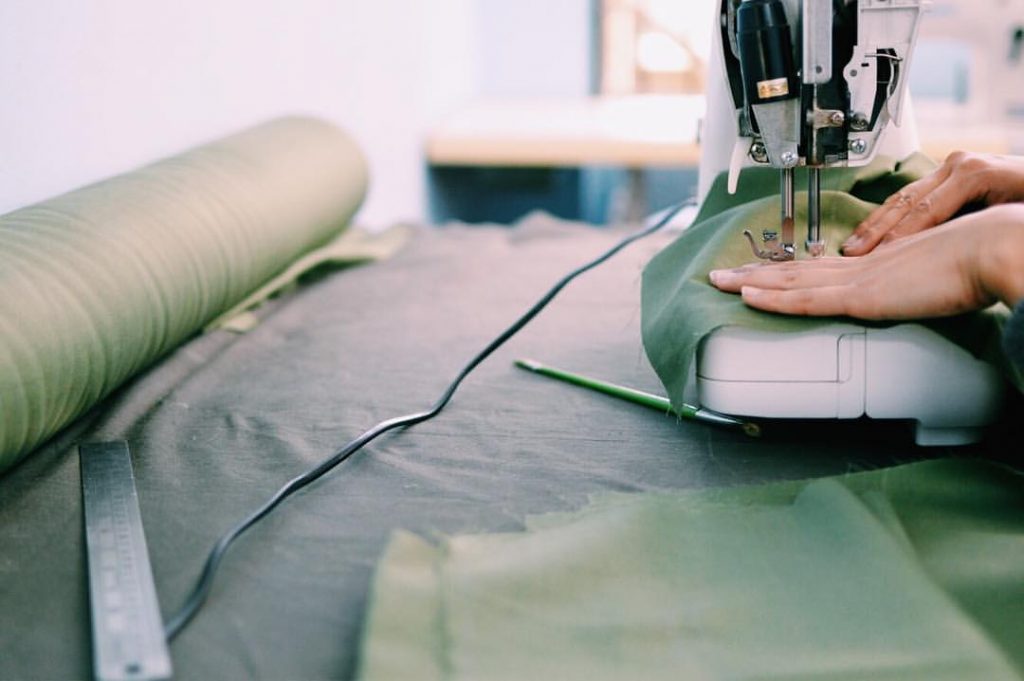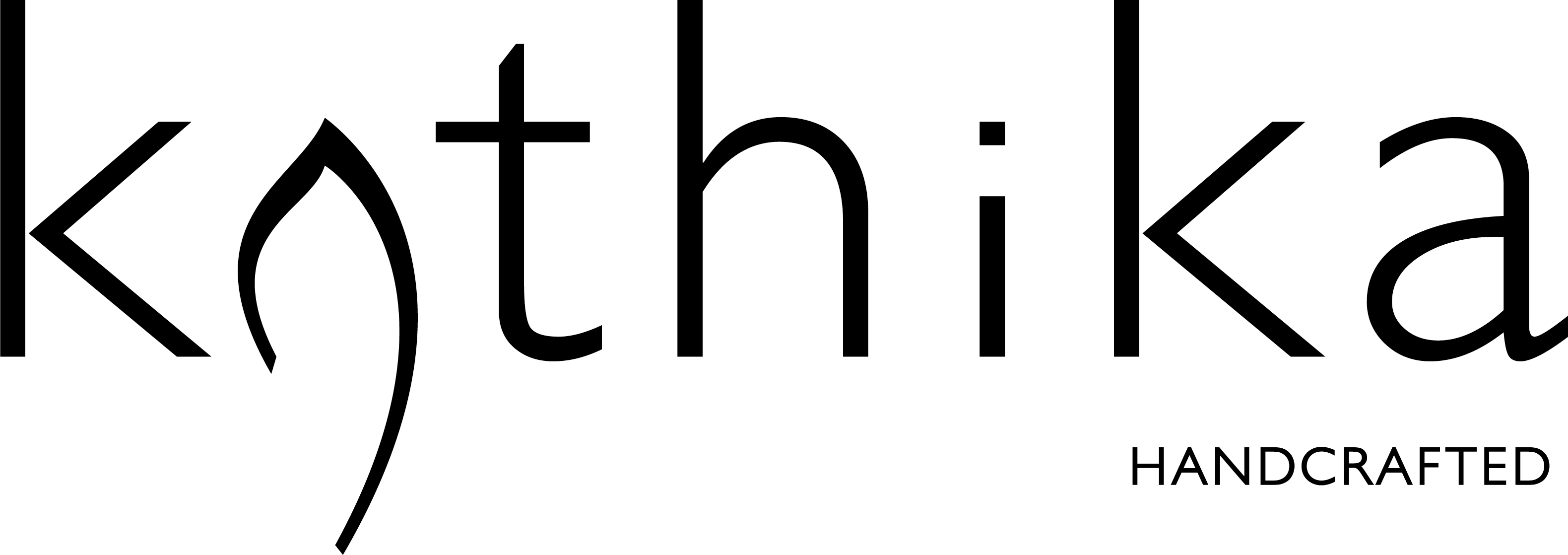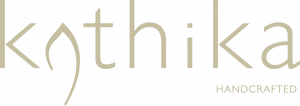
Even today, the Himalayan people, Tibetans and Ethnic Tibetans both, deal with many dangers and troubling times. Bears, earthquakes, and landslides still threaten the people. However, new dangers also have become a threat to them: difficulties for traditional sources of income (the farming, herding, and trading are dying economic supports for these people), cultural loss and even extinction of the culture, as well as human trafficking.
The culture of the Himalayan people has many beautiful aspects, including the traditional textiles. The aprons worn by the Tibetan and Ethnic Tibetan women express their artistic skill, beautiful colours like a rainbow around their waist, the wool taken from their animals, the practical use of an apron as they work hard in home and field, and often indicates that a woman is married.


Fairly Traded, Ethically Made.
Products of the White Yak are derived from two primary sources. The pangdens are designed, handwoven, and worn by the women of each Tibetan ethnic group. Each pangden possesses distinct characteristics to communicate the woman’s marital status and place of origin. Every pangden used in the White Yak products are directly purchased from the women who have handcrafted them.
The leather is sourced from M/s. Sheong Shi Tannery, which is an ethical, fair wage tannery. Patrick Lee who owns the tannery goes above and beyond to create what is called “eco leather” which means he takes into account the environmental impacts of his tannery and works to minimize them. For example, what makes the leather different is that it is not treated by any harsh chemicals that most other leathers are treated with, and is instead treated with natural vegetable extracts. This gives the leather a more natural look and feel.
Social Responsibility
The White Yak believes that the best way to positively impact the community they are a part of is to create a sustainable business model, provide dignified jobs, pay fair wages, and offer ways for their employees to grow and learn skills that allow them to provide for themselves.
The White Yak vision is the improvement of life for those they are working with in Nepal. Whether it be monetary stability or learning skills, they believe everyone deserves the chance to know their true worth.

